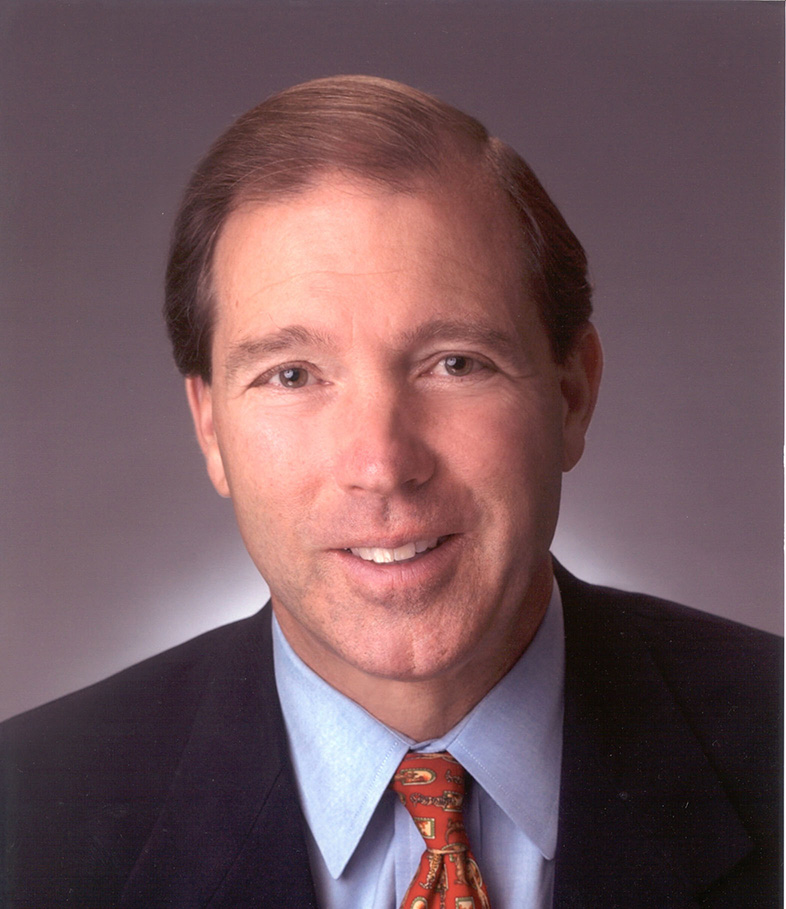With a depleted majority expected next January, Democrats will have a decision to make: accept (no) business as usual in the Senate; or change the rules to erode Republicans’ ability to obstruct legislation. It’s an issue that few in the caucus are prepared to grapple with, and many would prefer to ignore, but a cadre of Democratic freshman plan to force it on day one of the 112th Congress. At stake will likely be the functioning of the federal government, and the party’s ability to restore the economy and deliver on their agenda. Yet despite such a stark choice, some in their own party are encouraging them to back off, and even supporters are damping expectations of success.
The leader of the push for rules reform is Sen. Tom Udall (D-NM), whose black cowboy boots and western twang complement his rebellious streak: he thinks the Senate is enamored of itself, hostile to change, and that it’s time for all that to end.
“You have to be responsive to what you see, and what you see is a broken institution, and you have to reform that institution,” Udall told TPMDC in his Senate office this week.
Udall has watched the Senate become increasingly dysfunctional for years, but it came to a head for him this winter, as Democrats struggled to pass health care reform. That’s when he publicly called for the Senate to revisit its arcane, stultifying rules.
“As the year went on, I saw that even with the large number of votes that we had, we were unable to do the kinds of big bold things that people sent us here to do,” Udall said.
Citing precedent set by three different Vice Presidents, Udall is calling on his colleagues to exercise the Constitutional prerogative to set their own rules every Congress. Even if the rules don’t change much, he says, it’s incumbent on the institution to take responsibility for the functionality of the body.
The goal for many would be to impose strict limits on the filibuster, or even eliminate it entirely. That latter goal, he and his supporters say, is likely out of reach — this despite their awareness that, when Republicans return to power, they’ll stop at nothing to enact their agenda.
“I don’t think we’ll entirely get rid of the filibuster, but I think that we should reform it,” says Sen. Al Franken (D-MN). “For example, Republicans are filibustering nominees who then pass the Senate 98-0. They are filibustering just to slow things down and I don’t think that’s right. There are many interesting reform ideas out there and I look forward to examining them each closely.”
“The first reality is the Republicans, when they’re in power, jam through what they want to jam through in whatever fashion,” Udall said. “They just do it…. They get done what they’re gonna get done. We seem to be the ones that can’t get done what we campaign on and what we promise the American people we’re gonna do.”
Udall has the support of many young legislators — what he calls “the core of the reform movement” — and of Senate leadership, who have found themselves stifled by GOP obstruction for nearly four years.
But it’s hit or miss with the rest of his peers. “It’s more of an uphill battle, the more senior a Senator is,” Udall admitted. “And part of the reason, I think, it’s difficult for them is that they’ve taken a position in the past. As it goes back and forth, you shift from the majority to the minority, the tendency has been to be for reform when you’re in the majority, and not for reform when you’re in the minority. I admit, I’m free of that.”
Months ahead of the key vote, the institutionalists are intervening, pressing Udall and his peers to drop it.
“I’m so vehemently opposed to the ideas to fundamentally change the rules of the Senate,” retiring Sen. Chris Dodd (D-CT) told reporters this afternoon. “Those ideas are normally being promoted by people who haven’t been here in the minority.” (Udall notes that he learned well what it’s like to be in the minority after spending several years as a Democrat under Republican House rule.)
“I made a case last night to about 10 freshman senators: You want to turn this into a unicameral body? What’s the point of having a Senate?” Dodd said. “If the vote margins are the same as in the House, you might as well close the doors.”
For Dodd, the key to Democratic success is getting out of the very mental rut that he says is driving his colleagues to press for changing the rules.
“Democrats have a conflicting message,” Dodd said. “On the one hand we’re bitching about the fact that the Republicans won’t let us bring up certain things, so we can’t get certain things done, so we’re arguing against ourselves in a way…I mean yes, that’s true but in spite of that we’ve gotten a great deal done.”
Dodd won’t be here next year, but many Democrats who have questioned the push for rules change have already signaled their reluctance, calling in to doubt the possibility of major reforms. Even if they only tweak the rules around the margins — end secret holds, say, or to allow the majority to debate any issue they choose — it will be a warning shot across the bow of the GOP.
“There’s two steps,” Udall said. “The first step is to vote by a majority that we adopt the rules…to deal with that accountability issue, that 51 of us take responsibility for the rules.”
“It may well be that those rules are not necessarily where I want to go,” Udall added. “But we take responsibility. That step in itself, without making any changes, is to me the [moment of accountability], because then two years from then, if the majority has taken that position, and the minority abuses the rules, then they’re on notice.”










